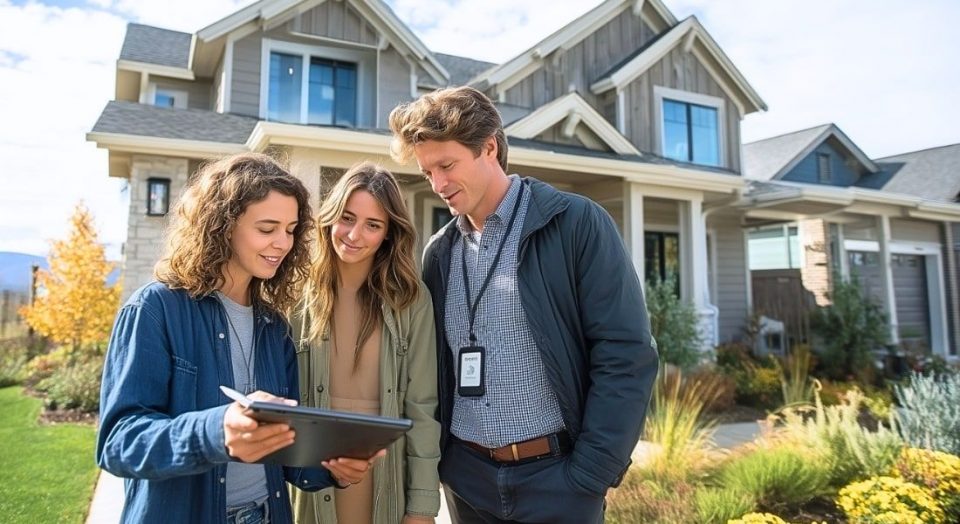Four Things To Keep In Mind When Undergoing Your Next Fixer Upper
We’ll start with our definition of a fixer-upper. A fixer-upper is a home offered at a bargain price that needs major or minor repairs. You might see a house with problems, but we see a house with opportunities. Buying a fixer-upper home can either be a nightmare with unexpected problems or it could be the deal of the century. As long as you know what you’re getting into, a fixer-upper can be the best bang for your buck.
Pay Attention to the Location
The location of a fixer-upper is the most desirable attribution. It’s something that cannot be easily changed, so you have to look for a safe neighborhood with reasonably high property. If you have a neighborhood in mind that you really want to live in, you might be able to snag a more run-down home for way below the market price. Luckily we live in a beautiful area of The New River Valley so it shouldn’t be hard to find a nice place. Most of the time, people want to buy a house that is move-in ready. This gives you a hand up because you have less competition when looking at homes. All it takes is a little time investment and some money to renovate and create your perfect home. As long as you have a realistic idea of what you’re getting into, this can be as good as it sounds.
Costs
The first thing you absolutely need to do if you’re going to invest in a fixer-upper is add up the costs to renovate the property. Some fixer-upper houses are worth more than others, but you should always make sure that you’ll make a comfortable profit after all the costs. These costs include materials, labor for you, and labor costs for whoever you hire to help. You can do this by getting a thorough assessment of the house’s condition. Next, you’d need to figure out the home’s future market value after renovations and you could do this by drawing though real estate prices in the neighborhood. We recommend deducting a little more for unforeseen problems, inflation, and extras that might be necessities.
The best fixer-uppers are the ones that just require cosmetic improvements. Installing new light fixtures, redoing the floors, fixing broken windows and ripping down that old wallpaper all cost less than they return in market value. The major projects like replacing HVAC systems, reroofing, or adding a completely new room are probably going to cost more than they return in market value. One thing to consider is combining the cosmetic and major projects. This could increase the value of the fixer-upper.
Have a Professional Look at It
If your state permits inspections before purchase, it is absolutely crucial that you get a home inspection with your real estate contract. If any problems arise, the inspector will document it and you could get the seller to pay for the repairs or negotiate the price downward. Most regular people do not have a good eye for house damages because they don’t know what they should be looking for. Major repairs like plumbing and electrical rebuilds, sewer line problems, and foundation upgrades should raise a red flag as well. The cost to renovate them probably won’t pay off due to buyers not being able to “see” the difference. This is a good way to know if the house is a good investment or if you should back out of the deal.
Hiring the Right People
The most difficult part about getting a fixer-upper is paying for the renovations. A renovation loan through a home equity line of credit or mortgage might be the way to go for a project like this. The budget will be tight if you have to hire contractors and then supervise them so no mistakes are made. For people who love construction and older style homes, the idea of buying a fixer-upper can be enticing. Fixer-uppers are for people who love do-it-yourself (DIY) projects. Doing the home improvements by yourself will save you a lot of money.



